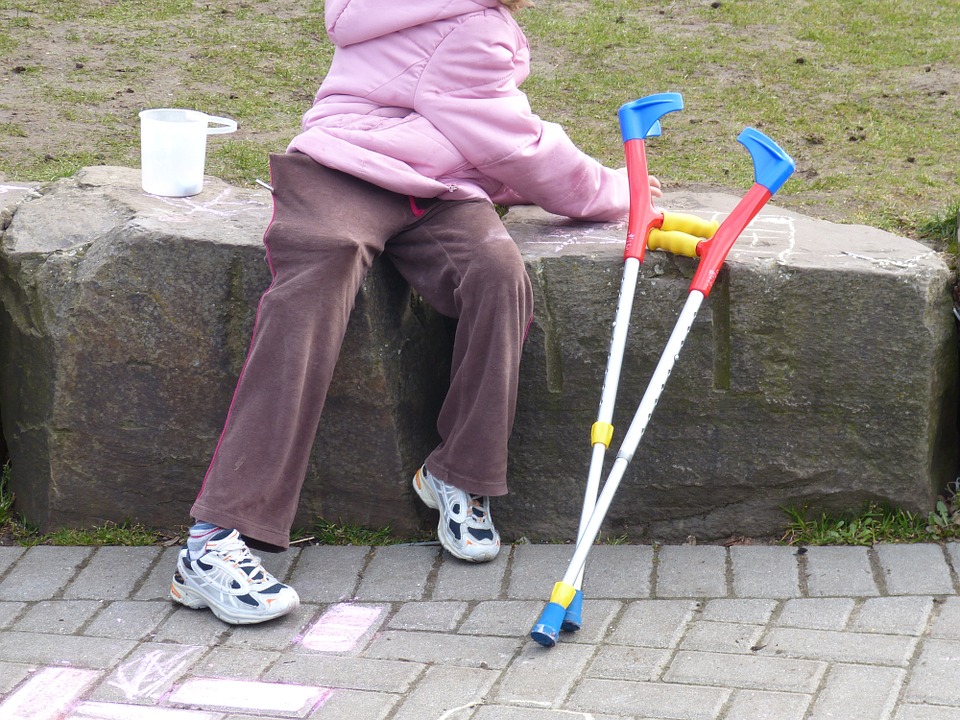While self-advocacy empowers people to speak for themselves, it is not enough to create change. Change that helps a lot of people at once requires systems advocacy.
Systems and individual advocacy involve working to create public policies that positively affect many people with disability. This includes educating elected officials on the issues and influencing Local, State, and Federal policy.
Self-Advocacy
Self-advocacy is about having a voice of your own. It’s about telling people what matters to you and choosing how you want to live your life.
It is a part of the Disability Rights Movement and is about people labeled with disabilities taking control of their own lives. It promotes the idea that people with intellectual and developmental disabilities can make decisions. It’s about promoting the idea of replacing guardianship with supported decision-making.
It’s also about promoting the idea of systems advocacy. This type of advocacy is about changing laws, rules, or policies that impact a person’s life. It could be changing how a school is run or how a work program is designed. It might be changing the way a service provider does business. It might be getting a new chair in the house or having a sign posted on the door that says, “Please call for assistance.” It’s about changing how things are done so they are more person-centered.
Individual Advocacy
Individual advocacy can be informal or formal and focuses on a person’s needs. It can involve family members, friends, or paid advocates with training and experience. Individual advocacy and peer counseling can help people with disabilities understand their rights and access the information they need to speak up for themselves.
You may not think of yourself as an advocate, but you probably are one every day! For example, when you let the cashier know they overcharged you, or you stand up for a friend who has been harassed. Or, when you help someone escaping domestic violence, get shelter and support.
System Advocacy is a form of advocacy that works at a municipal, provincial, or federal level to change laws and policies. This can include things like changing how a law is enforced, supporting those who have been victims of abuse, and working for greater accessibility. Typically, system advocates work for social change that has a lasting impact on the lives of people with disability.
Systems Advocacy
Changing systems and policies that prevent individuals from accessing their basic needs can require extensive work, effort, and resources. However, it is the best way to make lasting change for a large number of people rather than addressing barriers on an individual basis.
Nationally, Centers for Independent Living (CILs) and Protection and Advocacy Systems (P&A) play a critical role in system advocacy. They provide outreach and education to legislators, public officials, service delivery professionals, county and state employees, and other community members to raise awareness of disability issues.
They also provide direct legal representation and other advocacy services on behalf of people with disabilities who are victims of crime, neglect, or abuse. Additionally, all P&As maintain a presence in facilities that provide care and support services to monitor and ensure individuals have full access to inclusive educational programs, financial entitlements, medically necessary services, accessible housing, and productive employment opportunities. They also promote self-advocacy training. They are the nation’s primary non-federal enforcers of the disability rights laws.
Legislative Advocacy
Using the skills learned through self-advocacy, individuals work with others to seek system changes that will impact many people simultaneously. These changes can affect access to community services, education, housing, employment, or funding for support systems.
In addition to addressing individual cases through mediation, informal negotiations, and litigation, the P&A system engages in legislative advocacy by influencing public policy. P&As work with elected officials, lobbies and other advocacy organizations, service providers, families, and others to advocate for legislation improving the quality of life of persons with disabilities.
NCIL advocates for laws that provide for independent living and fights against legislation based on prejudice against people with disability, such as those that would limit people’s rights to self-direction or restrict access to housing options. The organization also hosts Disability Policy Academies, which gives policy professionals and community advocates a deep educational dive into specific disability issues.
Related Posts: